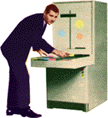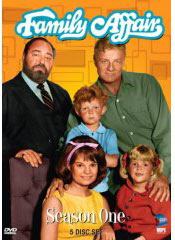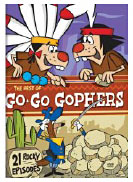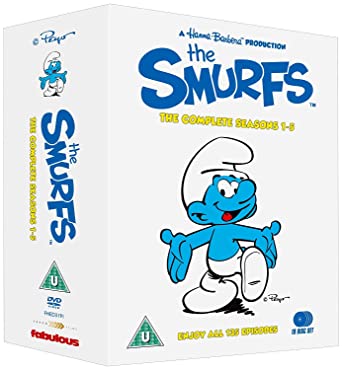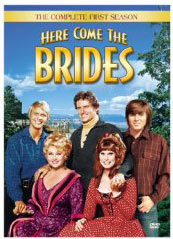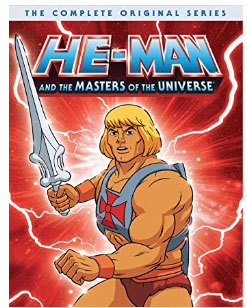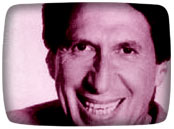 |
 |
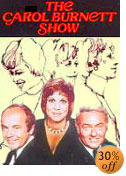 |
 |
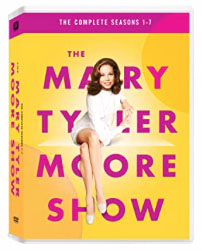 |
|||
|
Its cast included David Brenner (as David); Lesley Ann Warren (as Beverly); Hope Summers (as Aunt Polly); Kim Soloman (as David and Lesley's daughter); Walter Wanderman (as Michael); Bebe Drake-Hooks (as Daffney). Its executive producer and creator was James Komack, and its producer and writer was Stan Coner. "It was touted as the comedy hit of the new season," David Brenner recalled of Snip. Indeed, the show seemed like it couldn't miss. Brenner was a favorite 1970s talk show guest and talked up the series frequently in the summer of 1976, including appearances on The Hollywood Squares. His co-star was the beautiful Lesley Ann Warren. Its creator James Komack made hit shows for comedians such as Chico and the Man for Freddie Prinze and Welcome Back, Kotter for Gabe Kaplan. How and why was this show slotted on NBC's lineup, then pulled so late that TV Guide did not have time to remove a feature on the show in its Fall Preview issue of Sept. 18-24, 1976? Let's start at the beginning. Brenner working with Komack was payback for what Brenner provided the producer a few years earlier. "I had gotten Freddie Prinze booked on The Tonight Show, and he grabbed Freddie for Chico and the Man," Brenner said. "Then Freddie hosted The Mike Douglas Show, and I was a guest, and he grabbed me." Komack gave Brenner the role of a divorced hairdresser. "It was a takeoff of the movie Shampoo," Brenner said. His ex-wife (Lesley Ann Warren), daughter and aunt found themselves living with him at their home in Cape Cod, Massachusetts, while the former husband and wife also worked in the same beauty salon with Michael, a gay man, and Daffney, a black woman. "I'm on the pretext of being there to help her out [at the salon], but really to get her back," Brenner said. The programs were shot live before a studio audience with one unusual provision. "We weren't allowed to use a laugh track. It was in my contract," he said. He disliked the phony "sweetening" done with laugh tracks, and beside, he said, they didn't need it because "It was brilliantly funny." So what went wrong? Brenner said it was homophobia. "Before we were to debut, NBC got cold feet because we had a gay character on the show," Brenner said. Gay groups who screened the show did not complain about Michael, but NBC felt uneasy nevertheless because, Brenner said sarcastically, "In 1976, there were no gay people in America." This was the closest to a last-minute decision ever made about a network TV series at the time, as it already was in full production when the announcement to drop it occurred. "We had filmed seven, five of them were edited clean, ready to be aired, and we were working on the eighth when word came down," he said. "Everybody was crushed." The only place the series aired was in Australia, where Komack gave them the five completed shows which aired during one work week. "It was the highest rated show in Australian history," Brenner said. They asked for more, but Komack told them they had no more finished. Yet strangely Snip benefitted Brenner, thanks to the publicity he had done on TV during the summer pushing the show making him an in-demand name. "When I was on the road after that show was cancelled, my career exploded," he said. "That's when I became a star." And NBC, seeing that the man who they had under contract as a guest host for The Tonight Show when Johnny Carson was on vacation was a top draw in personal appearances, booked him even more to do the show. "When Snip was snipped - they only care about money - I was such a draw in Johnny's place, they kept putting me on it," he said. Twenty-five years after Snip snapped, Brenner remained a popular guest and touring stage comedian and is glad he pursued these outlets in entertainment. "Snip really soured me on sitcoms," he said, not to mention make him sensitive to prejudices which are still around among network executives concerning minorities (one told him not too long ago that he was "too Jewish" for one project they considered). While admitting that "I would jump out of my seat to get a talk show," he said that "I really prefer live performing." For anyone who cares to see a clip of Snip, Brenner said Komack donated the five episodes to the Museum of Television and Radio in Beverly Hills, Calif.
|
ORDER Wesley Hyatt's new book "Short-Lived Television Series 1948-1978" from the publisher now! ORDER "Short-Lived Television Series 1948-1978"
|




